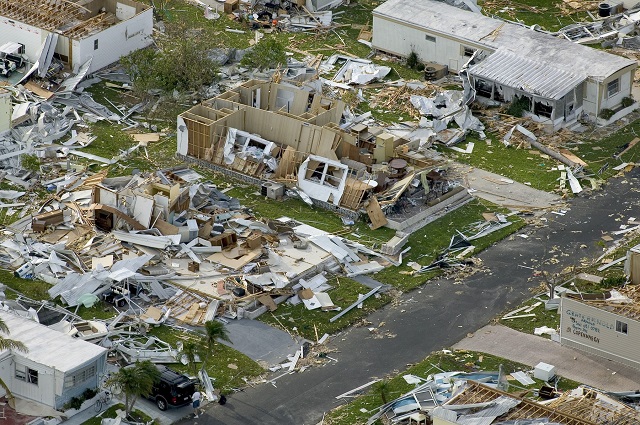News Story
(Below is a backup copy of the original article with as much credit to the publisher as well as the author that we can provide. By no means do we mean to violate any copyright laws. This page is appearing because someone indicated that the original story was unavailable.)

- 0 Agrees
- 1585 Views
- 0 Comments
- 0 Shares
 If clicking the article title leads to
If clicking the article title leads to the original full story page...
Pope urges 'stable peace' on visit to Azerbaijan
Baku (AFP) - Pope Francis on Sunday called for a "stable peace" as he visited mainly Muslim Azerbaijan, several months after pushing for an end to a festering territorial feud while in arch-foe Armenia.
The pontiff met in private with Azerbaijan's President Ilham Aliyev -- who is accused by rights groups of ruthlessly stamping out dissent in the energy-rich country -- before addressing a gathering of government officials.
The Pope -- on the last leg of a Caucasus tour that also took him to Georgia -- reiterated calls for peace to he made three months ago in neighbouring Armenia, with the two country's locked in a long-simmering conflict over the breakaway region of Nagorny Karabakh.
"There is no alternative to patiently and assiduously searching for shared solutions by means of committed and sustained negotiations," he said in a carefully worded statement that did not mention the disputed territory explicitly, expressing sympathy "to the many people who suffer the effects of bloody conflicts."
Calling for "a new phase for stable peace in the region", the pope invited all players "to grasp every opportunity to reach a satisfactory solution."
Officially part of Azerbaijan, Nagorny Karabakh has been under the control of ethnic Armenian separatists since 1994 when a war between the two countries ended in a ceasefire but no formal peace accord.
Since then there have been sporadic outbursts of violence and a sharp spike in April saw several days of major clashes leave 110 people dead before a fragile Russian-brokered truce halted the fighting.
The conflict and bitterness unleashed after the collapse of the Soviet Union saw ethnic cleansing in both Azerbaijan and Armenian-controlled territory but the Pope praised the "benefits of multiculturalism" for the country.
"May harmony and peaceful coexistence be evermore a source of vitality to the public and civil life of the country," Pope Francis said.
- Poor rights record -
The Argentinian Pope's meeting with Aliyev came just days after the strongman won a referendum on constitutional changes seen as consolidating his family's grip on power in the majority Shiite Muslim country.
Aliyev, 54, has led the ex-Soviet country since his father Heydar, a former Communist-era boss, died after a decade in power in 2003.
He won a landslide election victory in 2013 despite OSCE observers pointing to significant problems with the vote.
Activists have raised concerns over Azerbaijan's poor rights record, accusing Aliyev’s government of cracking down on activists and critical journalists.
Earlier on Sunday, the pontiff held a mass for the country's tiny Catholic community in the capital Baku
"You are a little flock precious in God's eyes," the Pope said in his homily to the country's few hundred Catholics.
"The entire Church, which has for you a special sympathy, looks at you and encourages you."
Azerbaijan's Catholic community only counts some 570 faithful, according to the Vatican, with seven priests serving in the Caspian Sea country's sole Catholic parish.
Francis arrived in Baku from neighbouring Georgia, one of the world's oldest Christian nations, which fought a brief war with Russia in 2008 over two breakaway regions, South Ossetia and Abkhazia.
The Moscow-backed territories are under what Georgia insists is a de facto Russian occupation.
Francis spoke of the need for refugees to return to their homes and called for respect for national sovereignty, but he seemed to dodge potential Russian ire by avoiding the word "occupation".
The pontiff has been on a drive to reach out to Orthodox communities around the world and received a warm welcome from Georgia's pro-Western leaders and the head of the country's Orthodox Church.
But a centuries-old doctrinal dispute saw Georgian Orthodox officials skip an open-air mass by Francis in Tbilisi and only several thousand worshippers -- mainly from the small Catholic community -- attended.